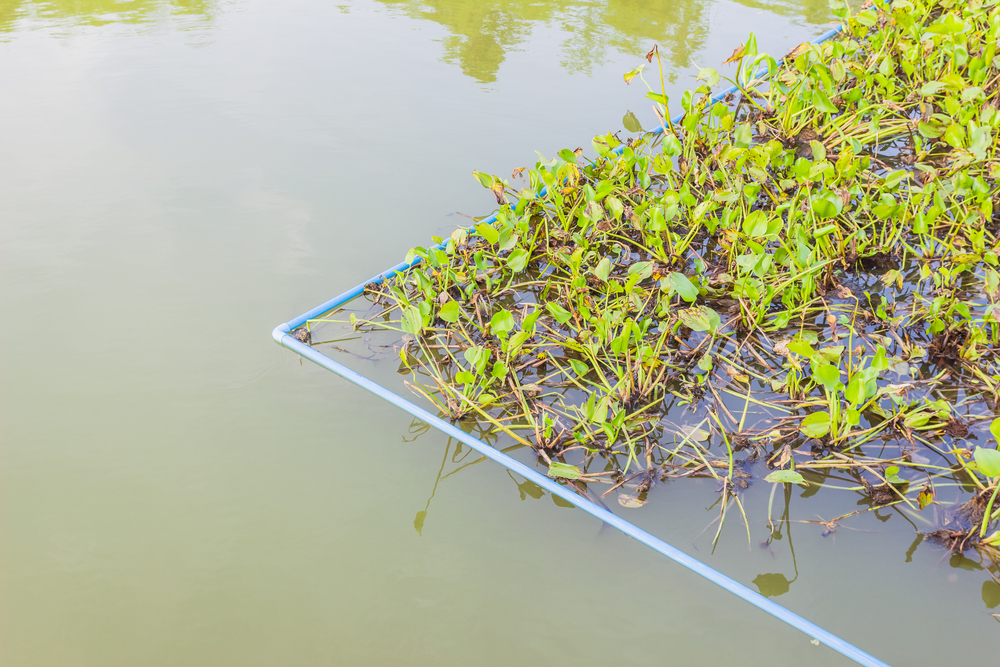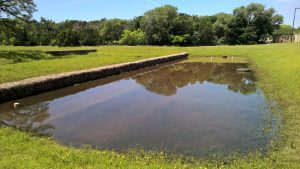Aquatic plants are crucial in a pond ecosystem. However, excessive growth of aquatic plants in the pond can create an eyesore and cause an imbalance in the pond. Besides, it might lower the growth of plankton algae, which helps in fish farming. The good news is that there are four kinds of aquatic plant control to prevent excessive plant growth.
What are some kinds of aquatic plant control methods that are effective?
Intensive fish farming involves adding a lot of commercial feeds and fertilizers to ponds. Unfortunately, this can result in the growth of excess aquatic plants in the water areas. Besides, failure to control the growth of weeds in the pond water can affect fish production unless you remove the weeds using the following methods.
- Preventive
- Mechanical
- Biological
- Chemical
1) Preventive
Preventive aquatic plant control focuses on preventing pond weeds from growing rather than controlling already-grown plants. One of the best ways to control aquatic plants is by deepening shallow ponds. That’s because rooted aquatic weeds or algae grow faster in shallow waters. Also, fertilizer promotes algal bloom and prevents weeds from growing roots on the pond.
2) Mechanical
Mechanical weed control involves using aquatic weed cutters and harvesters to remove aquatic plants from pond water. Unfortunately, using these machines in fish ponds is not practical. The best way to remove the weeds mechanically is by seining or raking the weeds at an early stage before the plants overgrow.
3) Biological
The grass carp technique is the best biological control of weeds in pond water. It helps to control aquatic plants with tender, succulent vegetation, such as duckweed and filamentous algae. But, unfortunately, it’s ineffective in controlling weeds with tough, woody vegetation, like cattail and waterlily.
4) Chemical
Another method to control aquatic plants is chemical control. It involves the application of aquatic herbicides. However, you must first identify the kind of weed colonizing your pond. If you are controlling weeds in fish ponds, ensure that the chemical is fish-friendly. So, read the herbicide label to check if it has no harmful impacts on fish production.
A Mechanical Focus
Mechanical weed control provides an eco-friendly solution to pond health, as there’s no use of chemicals that might affect aquatic animals. As a result, you won’t have to restrict people from using the pond during weed removal. Besides, it’s the best alternative to situations where herbicides are not practical.
Waterline Can Help
Now that you understand the different kinds of aquatic plant control, you must select a method that suits your needs. The good news is that Waterline can help you control excessive weed growth in your pond water without interfering with your pond system. We have all the tools and equipment to achieve that.
Contact us today to discuss your pond water weed removal with our experts.



